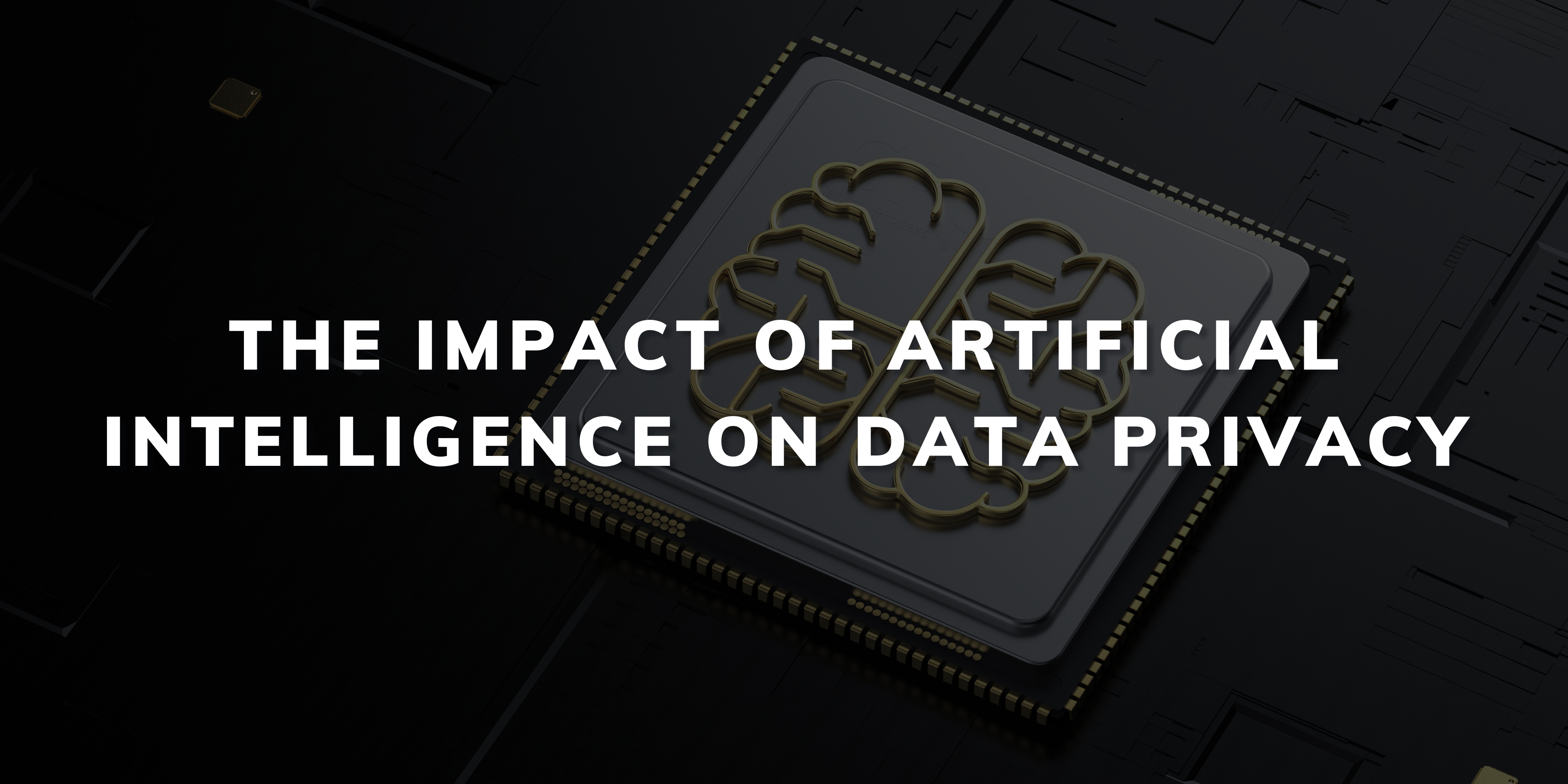
The Impact of Artificial Intelligence on Data Privacy
In the current age, artificial intelligence (AI) has become a cornerstone of innovation, transforming industries, enhancing efficiency, and enabling new capabilities that were once the realm of science fiction. However, as AI systems become more integrated into our daily lives, concerns about data privacy and the implications for individual privacy are growing. This post explores how AI uses personal data, the risks involved, the implications for individual privacy, and what the future might hold, especially with the advent of Artificial General Intelligence (AGI).
Key Summary
- AI systems’ reliance on personal data for innovation raises significant privacy concerns due to the potential for misuse and data breaches.
- The opacity of AI algorithms creates challenges in understanding data use and making informed decisions, hindering privacy control.
- The integration of AI into daily life blurs privacy lines, with conveniences often coming at the cost of personal data privacy.
- The advent of Artificial General Intelligence (AGI) amplifies privacy concerns, raising questions about consent, data ownership, and ethical use of information.
- Developing robust data protection frameworks and prioritising transparency and accountability are crucial for balancing AI innovation with privacy rights.
AI and Personal Data
AI systems require vast amounts of data to learn and improve. This data often includes personal information collected from online activities, social media, IoT devices, and more. Through machine learning algorithms, AI can analyse patterns, preferences, and behaviours, leading to innovations in personalised services, healthcare, education, and beyond. However, this dependence on personal data raises significant privacy concerns. The more data AI collects, the greater the risk of misuse, whether through data breaches, unauthorised surveillance, or invasive advertising.
The Risks to Data Privacy
The primary risk associated with AI’s use of personal data is the potential for privacy breaches. Cyberattacks targeting AI systems can lead to massive leaks of personal information. Furthermore, AI can be used to create sophisticated phishing attacks, making it easier for malicious actors to trick individuals into divulging sensitive information.
Another concern is the opacity of AI algorithms, often referred to as “black boxes,” which makes it difficult to understand how data is being used and decisions are being made. This lack of transparency can hinder individuals’ ability to control their personal information and challenge decisions made by AI systems that affect them.
Implications for Individual Privacy
The pervasive use of AI in everyday life has blurred the lines of individual privacy. Personalised recommendations on streaming services, targeted advertising, and virtual assistants are just a few examples of how AI uses personal data to tailor experiences. While these conveniences are beneficial, they come at the cost of privacy, as individuals often trade their data for services without fully understanding the implications.
Moreover, the use of AI in surveillance and facial recognition technology presents stark challenges to privacy rights, raising ethical concerns about consent, autonomy, and the potential for mass surveillance.
AGI and Privacy
The prospect of Artificial General Intelligence (AGI) – AI with the ability to understand, learn, and apply intelligence across a wide range of tasks as a human would – amplifies these privacy concerns. AGI’s potential to analyse and synthesise information across disparate domains could lead to unprecedented capabilities in data processing and decision-making. This raises critical questions about consent, data ownership, and the ethical use of personal information.
To navigate these challenges, it is essential to develop robust data protection frameworks that can adapt to the rapid advancements in AI. Privacy by design, a principle that calls for privacy to be considered throughout the engineering process, could be instrumental in ensuring that AI technologies respect user privacy.
Furthermore, transparency and accountability must be prioritised, allowing individuals to understand how their data is used and to have a say in the decision-making processes of AI systems. International cooperation and regulation, such as the General Data Protection Regulation (GDPR) in the European Union, can provide a blueprint for protecting privacy in the age of AI.
Conclusion
As AI continues to evolve, the conversation around data privacy becomes increasingly complex. Balancing the benefits of AI-driven innovation with the need to protect individual privacy is one of the defining challenges of our time. By fostering an environment of transparency, accountability, and ethical use of technology, we can harness the potential of AI while safeguarding the privacy rights of individuals. The future of AI and privacy will depend on our ability to adapt, legislate, and innovate in ways that prioritise the dignity and rights of the individual.
Support Us!
Support us and make a real difference in data privacy and ownership. By becoming a supporter, you help shape a future where data is secure and truly belongs to its users. Whether you contribute financially or volunteer, your involvement is vital. Enjoy the supporter benefits and be part of the movement advocating for a future where you truly own your data and privacy. Act now—your participation is crucial!
